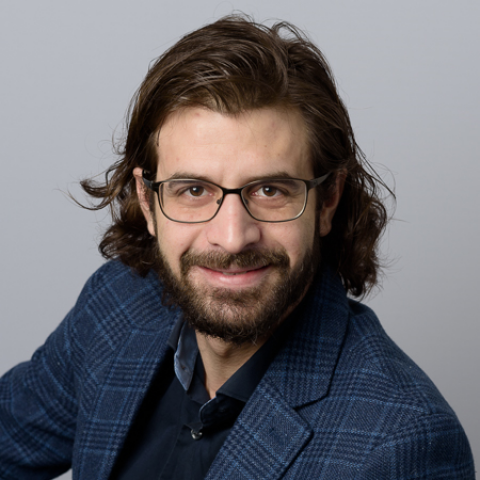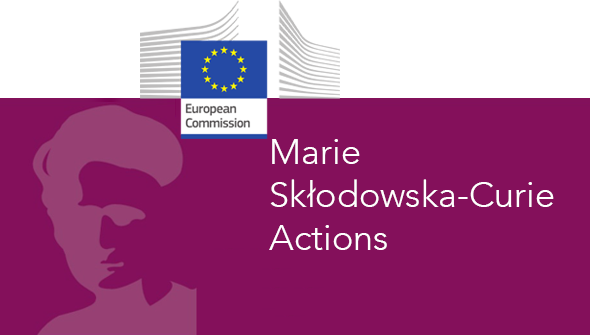New Voices Summer Term Talk Series
Welcome to our New Voices Talk series for the Summer Term 2022 organised by the New Voices Du Châtelet Group at the Center for the History of Women Philosophers and Scientists (Clara Carus, Jil Muller and Aaron Wells). The New Voices Talk Series is a monthly, completely online event, dedicated this Summer Term mainly to the research on Émilie du Châtelet.

Even if the Summer Term Talk Series is dedicated to Émilie du Châtelet we will start with an out of schedule event. Many of you regularly apply for different research grants, like for example the MSCA (Marie Curie fellowship). This is why Jil Muller invited Oberto Marrama, a postdoctoral researcher at the University of Oulu, who has recently won a MSCA (Marie Curie fellowship) – European Postdoctoral

Fellowship. Oberto Marrama will be financed for two years and will work at Ca’Foscari University of Venice, on a project entitled: “Margaret Cavendish (1623-1673) in the history of European ideas of consciousness.” (acronym: EuCon)
On the 4th of May at 5pm (CET) Oberto will give us insight in his project on Cavendish, but above all he will provide us advice for a good Marie Curie fellowship application. He will speak about his experience, how he dealt with the gender issue, where he found support and which were the points that made him win this award.
If you like to participate in this event, please send an email, with all your information to: contact@historyofwomenphilosophers.org
Abstract of the project:
The MSCA-PF MC-EuCon project investigates Margaret Cavendish’s philosophy (1623-73), in order to provide the first detailed interpretation of her theory of consciousness. Questions about consciousness, its origin and presence in nature, which dominate present-day philosophy of mind, arose during the 17th century. Against Descartes’s mind-body dualism and his attribution of mental life to humans alone, Cavendish argued for a wholly material, yet wholly thinking universe. By providing one of the earliest and most original responses to Descartes’s theories, Cavendish plays a seminal role in the European history of the concept of consciousness, offering a rich opportunity for developing our understanding of how problems about consciousness evolved and were addressed in Europe in the early modern period. However, her original contribution has been so far neglected. Since no specific word for ‘consciousness’ was yet available in the philosophical vocabulary of her day, extrapolating her views on the topic has been problematic. To overcome this difficulty, the MC-EuCon project applies digital humanities tools to texts of Cavendish and her interlocutors, in order to reconstruct her vocabulary related to consciousness and clarify her theory. It then assesses the significance of her ideas for past and present-day debates in philosophy of mind. To date, the role of women in the history of philosophy has not been sufficiently recognized. The elimination or marginalization of women in the history of philosophy has presented students, researchers and the general public with a historically inaccurate view; this has helped existing gender inequalities in philosophy to persist. Studying and communicating Cavendish’s contributions to the history of consciousness—one of the most significant concepts in present-day philosophy and psychology—is an important step towards changing public perceptions and correcting gender imbalances in philosophy, thus making the discipline more inclusive.
You cannot copy content of this page








